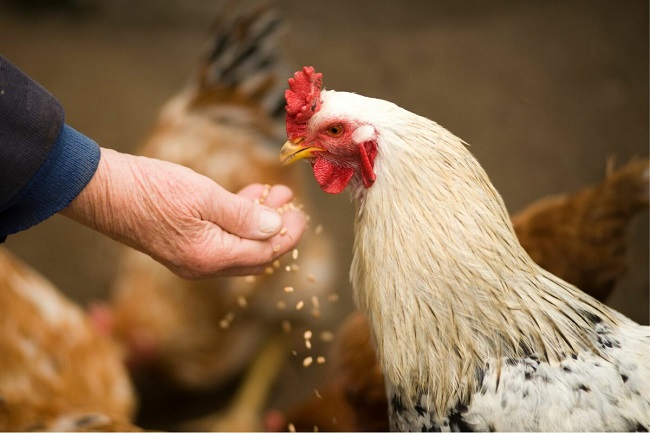Raising chickens can be a rewarding endeavor, bringing joy, fresh eggs, and even pest control to your household. However, understanding the costs involved is critical to ensure that your chicken-raising journey is both sustainable and enjoyable.
This article provides a detailed overview of the costs involved in raising chickens, from housing and feeding to healthcare and more, to help you plan your poultry budget effectively.

Initial Setup Costs: Housing, Fencing, and Equipment
The first cost to consider when raising chickens is the initial setup. This includes the cost of housing (chicken coop), fencing, feeders, waterers, and bedding.
Read Also:
Chicken Coop: Depending on the size and quality, a pre-made coop can range from $100 for a basic model to over $1,000 for a large, high-quality structure. Building your own can be more cost-effective, with costs varying based on materials used.
Fencing: Protecting your chickens from predators with secure fencing is crucial. The cost will depend on the size of the area and the type of fencing chosen.
Feeders and Waterers: These can range from $5 to $50 each, depending on size and quality.
Bedding: Straw or wood shavings are commonly used, costing around $5 to $10 per bale or bag.
The Cost of Chickens: Buying Chicks or Pullets
The cost of purchasing the chickens themselves will vary depending on age, breed, and where you buy them. Day-old chicks can cost from $3 to $5 each for common breeds, while rare or specialty breeds may cost upwards of $20 per chick.
Older chickens, or pullets, which are close to laying age, can cost anywhere from $15 to $25 each. Though pricier upfront, pullets may be more cost-effective if you’re looking for egg production sooner rather than later.
Ongoing Costs: Feed, Healthcare, and Miscellaneous
Raising chickens comes with ongoing costs that should be factored into your budget.
Feed: Chickens consume approximately 1/4 to 1/3 pound of feed per day, making feed one of the most significant ongoing expenses. A 50-pound bag of quality chicken feed typically costs around $15 to $30.
Healthcare: Costs for dewormers, lice and mite treatments, and occasional vet visits can add up. Setting aside $10-$15 per chicken per year for healthcare is a safe estimate.
Miscellaneous: Other potential costs include nesting boxes, egg cartons, and heat lamps for chicks, among others.
Potential Savings: Benefits of Raising Chickens
Raising chickens also comes with potential savings. Fresh, home-raised eggs can save you money, especially if you currently buy organic or free-range eggs.
Chickens also eat kitchen scraps and help with pest control, which could save on waste disposal and pest control costs. Furthermore, they produce nutrient-rich manure, saving on fertilization costs for avid gardeners.
Calculating Time and Effort: The Hidden Cost of Raising Chickens
One additional cost factor that is often overlooked in the financial assessment of raising chickens is the value of time and effort. Chickens require daily care, including feeding, cleaning coops, and checking for eggs.
Moreover, the care and protection from predators require an ongoing commitment that can equate to a few hours each week.
This might not translate directly into monetary expense, but it’s an important aspect to consider when deciding if raising chickens is the right fit for you.
After all, time is money, and understanding this “hidden cost” can contribute to a more comprehensive picture of what it truly costs to raise chickens.
Read Also:
Conclusion
The Cost to Raise Chickens involves a blend of initial investments and ongoing expenses, balanced by potential savings and priceless benefits. By understanding these costs, you can effectively plan your chicken-raising journey.
Whether for fresh eggs, pest control, or simply the joy of keeping these delightful birds, raising chickens can be a worthwhile investment that brings endless rewards to your home and garden.
























